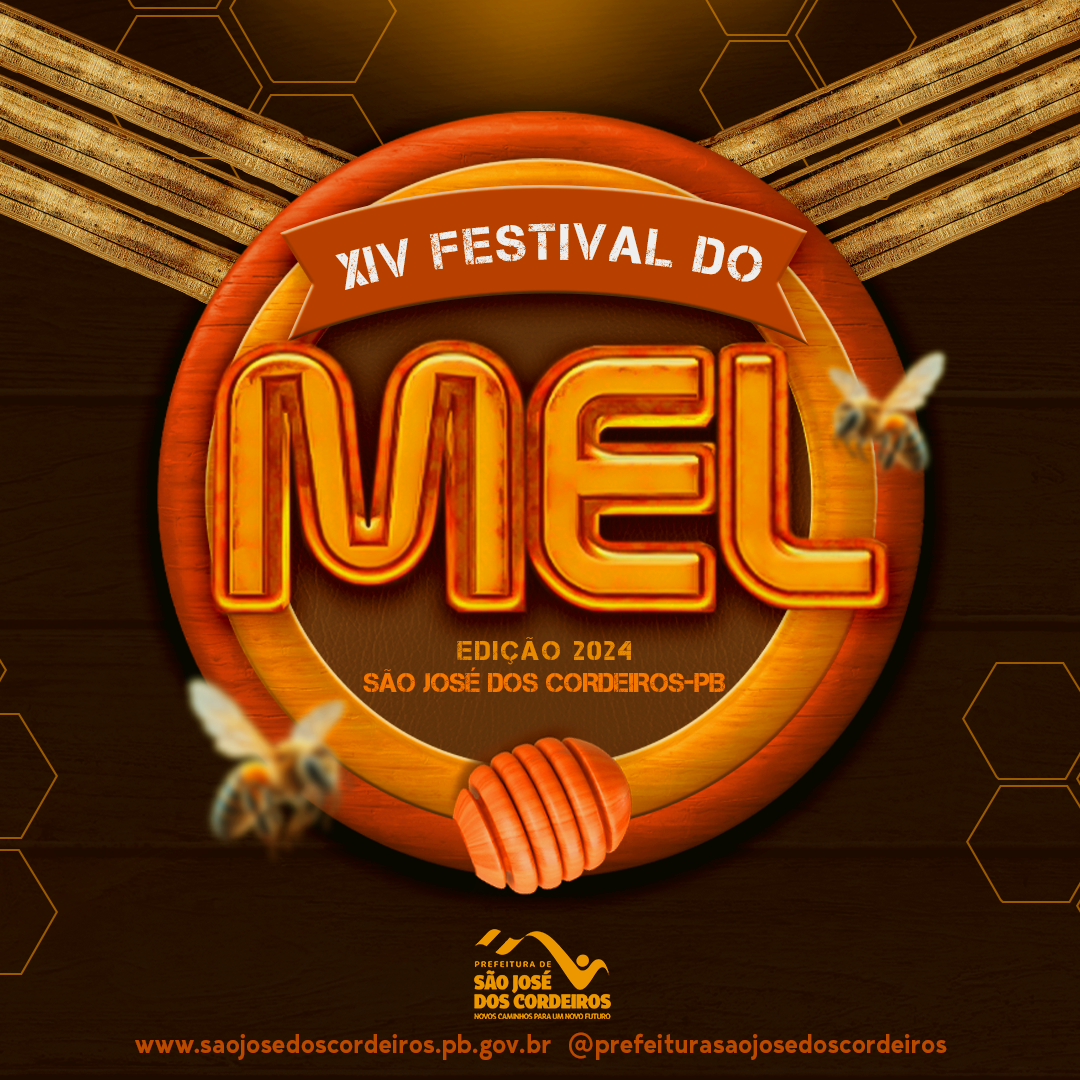Caracterização das espécies de abelhas de maior importância para o nordeste brasileiro
Keywords:
Agricultura familiar, Abelhas Jandaíras, Ferrões, Nordeste brasileiroAbstract
The Brazilian northeast is known for its prolonged drought, which directly affects agricultural production in some places, but a specific insect can be a strong ally for the production, conservation and development of many vegetables, fruits and what remains of the Atlantic forest of this region. Bees are known as great producers of honey, a product that is sold and imported all over the world, but what few know is the importance of bees for the restructuring of the local flora, where, when looking for food to produce honey, they can pollinate the flowers of many trees and vegetables in the region, preserving species and conserving regional biodiversity. The practice of meliponiculture, the creation of stingless bees, helps in the conservation of species native to northeastern Brazil, in particular the Jandaíra bee, Melípona Subnitida, a species that has good adaptability and economic-ecological potential, also a reference for family farming, thanks to its docile and easy-to-manage temperament, cooperates with the improvement of agricultural production and is relevant for income production. Melípona Subnitida is part of the Meliponíneas, a group that comprises bee species that have an atrophied sting, which no longer has its natural function, which is protection. 505 species of these insects are described worldwide, and it is estimated that more than a hundred are still unknown. In Brazil, around 244 species are listed, and they are spread across all states, thanks to their easy adaptability. Therefore, the development of meliponiculture activities is extremely important, as the preservation of these species helps the northeastern region economically and ecologically, also helping countless families that depend on family farming.
Downloads
Published
How to Cite
Issue
Section
License
Copyright (c) 2024 Lara Santos, Carlos Andrey, Maria Clara, Maria Luiza , Rebeca Martins , Thyago Gurjão, Francisco de Assys , Larissa Silva, Nágela Maria (Autor)

This work is licensed under a Creative Commons Attribution 4.0 International License.
Termo de cessão de direitos autorias
Esta é uma revista de acesso livre, em que, utiliza o termo de cessão seguindo a lei nº 9.610/1998, que altera, atualiza e consolida a legislação sobre direitos autorais no Brasil.
O(s) autor(es) doravante designado(s) CEDENTE, por meio desta, publica a OBRA no Caderno Verde de Agroecologia e Desenvolvimento Sustentável, representada pelo Grupo Verde de Agroecologia e Abelhas (GVAA), estabelecida na Rua Vicente Alves da Silva, 101, Bairro Petrópolis, Cidade de Pombal, Paraíba, Brasil. Caixa Postal 54 CEP 58840-000 doravante designada CESSIONÁRIA, nas condições descritas a seguir:
O CEDENTE declara que é (são) autor(es) e titular(es) da propriedade dos direitos autorais da OBRA submetida.
O CEDENTE declara que a OBRA não infringe direitos autorais e/ou outros direitos de propriedade de terceiros, que a divulgação de imagens (caso as mesmas existam) foi autorizada e que assume integral responsabilidade moral e/ou patrimonial, pelo seu conteúdo, perante terceiros.
O CEDENTE mantêm os direitos autorais e concedem à revista o direito de divulgação da OBRA, com o trabalho simultaneamente licenciado sob a Licença Creative Commons do tipo atribuição CC-BY.
O CEDENTE têm autorização para distribuição não-exclusiva da versão do trabalho publicada nesta revista.
O CEDENTE têm permissão e são estimulados a publicar e distribuir seu trabalho online (ex.: em repositórios institucionais ou na sua página pessoal) a qualquer ponto antes ou durante o processo editorial, já que isso pode gerar alterações produtivas, bem como aumentar o impacto e a citação do trabalho publicado.








